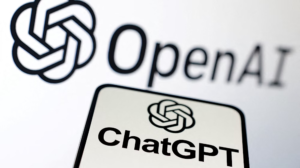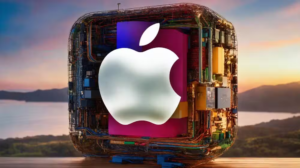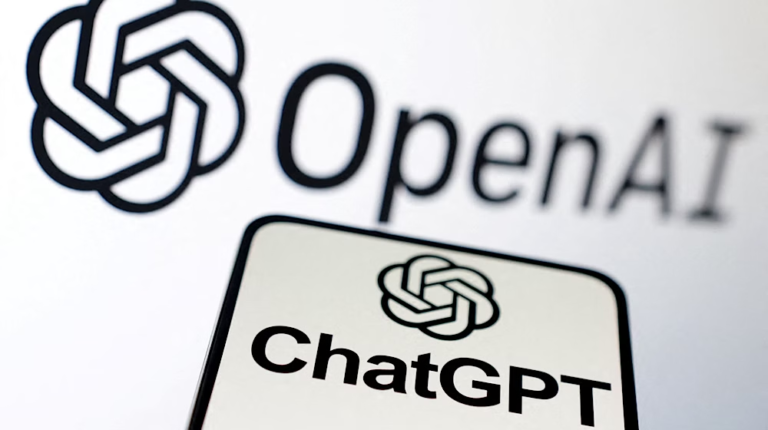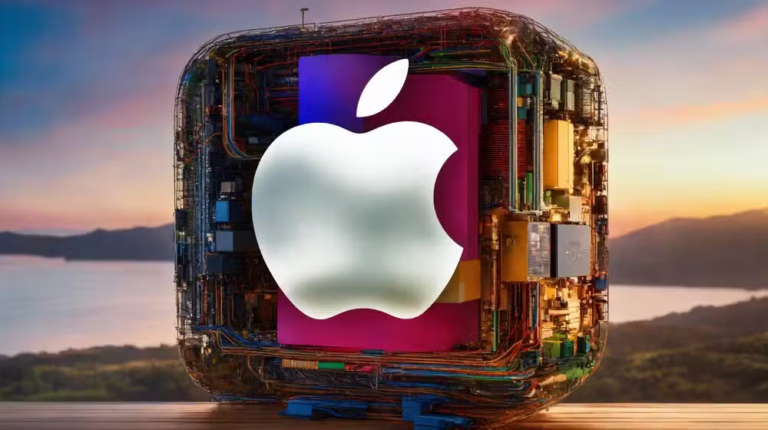
Apple has officially launched its iPhone 17 lineup, introducing the sleek iPhone 17 Air, its thinnest smartphone to date. The highly anticipated announcement came during the company’s annual launch event, held against the backdrop of rising pressure from global AI competition, shifting trade policies, and investor concerns.
Apple Balances AI Ambitions and Trade Pressures
The unveiling took place as Apple faces two major challenges: proving its strength in the generative AI race and navigating tariff impacts under U.S. President Donald Trump’s administration. Tariff hikes on Chinese imports, where Apple relies heavily for manufacturing, have already cost the company nearly $800 million in a single quarter, with losses projected to rise above $1 billion.
Market experts say Apple is treading carefully, attempting to maintain its premium image while showing progress in AI. While rivals like Google and Samsung are aggressively integrating AI into their smartphones, Apple has been criticized for “arriving late to the AI party.”
The iPhone 17 Air: A Game-Changing Design
At just 5.6mm thick, the iPhone 17 Air is Apple’s thinnest iPhone yet, priced at $999. It features the powerful A19 Pro processor, offering extended battery life with up to 40 hours of video playback. Despite its slim profile, Apple claims it delivers all-day performance without compromising speed.
CEO Tim Cook described the model as “a total game changer,” positioning thinness as the new premium differentiator, possibly paving the way for a foldable iPhone in the near future.
AI Features and Apple Intelligence
While Apple did not announce groundbreaking AI upgrades, the new models integrate updates to the Apple Intelligence suite. Improvements remain modest, with Siri’s long-awaited overhaul still pending. Reports suggest Apple is exploring partnerships with Google to strengthen its AI search and contextual features.
Tariffs, Costs, and Market Reactions
Despite tariff pressures, Apple kept prices the same as last year’s equivalents, likely squeezing profit margins. The decision initially caused Apple’s shares to dip 1.4%, reflecting investor caution. Analysts suggest the company is betting on a new iPhone super-cycle to offset higher production costs and re-energize sales.
Expanding the Ecosystem: AirPods and Apple Watch
Alongside the iPhone 17 Air, Apple introduced the AirPods Pro 3 with enhanced noise cancellation and live translation features. The Apple Watch Series 11 was also unveiled, offering 5G connectivity, advanced heart health monitoring, and extended battery life.








